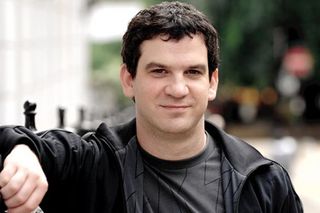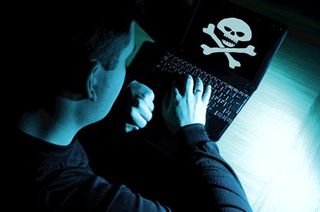
To what extent are Football Manager games pirated? How do you assess how many of these downloads are lost sales?
I can currently only look at figures for one particular year, where we had hooks in the copy protection system we used to show who was playing legit or pirated copies. Seventy percent of people playing the game were playing pirated copies. This hook was removed, but late in the day, so this figure is likely higher in reality.
There is no way to know how many of these are lost sales. My estimate is 20%-30% of these would purchase the game if there was no other way for them to get it, but we can never be sure of that. And, to be frank, that’s not really the point as far as our anti-piracy measures are concerned. We already provide a lengthy demo for people to play to decide whether Football Manager is value for money or not, so don’t believe those pirating the game have any reason to in the first place!
Is the copy protection attached to new releases regarded as a piracy solution, or is it a stopgap measure to prevent damage to week one sales?
We have only used DRM once, and that was with FM2009. We have used other copy protection systems before and since, but not DRM. The idea of it is to be a piracy solution. It’s just no one has found something yet that works in that way! People and companies will continue to try, just like people have tried to create solutions to stop people breaking into cars and houses. At some point, someone may succeed, but at the moment, anti-piracy measures work only as deterrents to some.

Above: Far Cry 2 was downloaded thousands of times before it hit the shelf
What problems did Sports Interactive come up against in with the DRM in FM2009?
The only time we have used DRM, the system we used was hit by a massive denial of service attack on the day the game was released. This stopped legitimate customers from being able to authenticate their games. It was the worst 48 hours of my career to date, and it was dealt with as quickly as possible.
I still don’t understand, and never will, why there are people out there so determined to ruin other people’s enjoyment of the internet by doing DoS attacks – it’s an alien concept to me.
What do you make of the current fashion of publishers demanding a permanent online connection? Is the outcry from the PC community justified?
Personally speaking I’m not a fan, as it would stop me being able to play PC games on my laptop whilst travelling, which is when I’m most likely to be playing games.
Would a similar online-only scheme ever work for Football Manager?
It works for Football Manager Live, because that’s an online game. I’m not looking at solutions that involve this kind of system, although online-only authentication is something that is brought up regularly, and would be considered if we can get around any possibility of DoS attacks.
The Ubisoft Diktat
The decision to lock Ubisoft games tightly to an internet connection has not come out of the blue – as a company they’ve experimented with copy protection more than most. For example, 2008’s Prince of Persia came free of DRM – a move widely seen as the company testing the water for their future policies. Whatever they discovered clearly made them decide to move over to the other extreme: the tyranny of Uplay.

Above: Pirates operate in moody lighting
With save games stored externally and a constant online connection required to allow code that was missing from the game players received buying it to be downloaded, rather than a simple online activation, Uplay has been successful at keeping the pirates at bay. But in terms of keeping them out wholesale it has failed.
Early hack attempts provided playable yet incomplete versions of Silent Hunter 5, and now Assassin’s Creed II has been hacked and can be played to completion. The process to actually get it going, however, is a real time-sink. The Uplay system is certainly still putting off casual pirates. Ubisoft claim that their system will “evolve and improve,” making this round one of a series of bouts against the pirates.
Yet the public relations storm that has surrounded the issue is something of a disaster. Denial of service (DoS) attacks brought down some of Ubi’s authentication servers for seven hours, and Ubisoft’s name has certainly been muddied.
